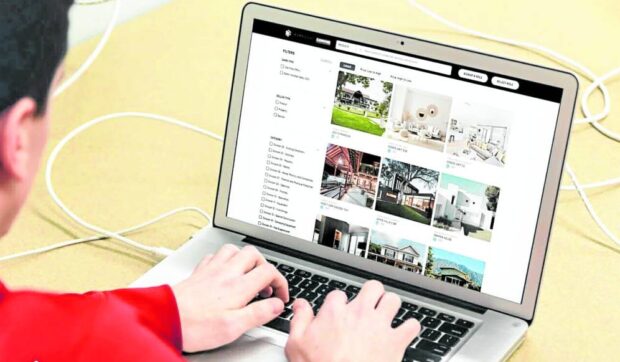
The construction industry has long been plagued with inefficiencies and challenges, from long lead times to unsustainable materials and a lack of integration between e-commerce and the sector. However, one Filipino entrepreneur is on a mission to revolutionize the industry with the introduction of Homeqube, the first web3 product in the Philippines.
Jose Paolo “JP” Gregorio Calma, a former CEO of Multi-Development & Construction Corp., grew up in a family of builders and designers. His firsthand experience in the construction business made him acutely aware of the industry’s shortcomings and the need for innovation. It was during the pandemic when Calma had his breakthrough moment and realized the potential of integrating blockchain, AI, and web3 technologies into a single real estate platform.
Homeqube is an e-commerce platform for real estate that aims to integrate all aspects of homebuilding and homebuying, including construction, design, supply chain, materials, and home utility. It operates at the heart of web3, which seeks to create a decentralized and open web with greater benefits for users. The platform targets product sellers, property owners, delivery services, and customers or guests.
One of the standout features of Homeqube is its “gamified bidding experience.” Users enter a virtual lobby where they can engage in real-time bidding wars for properties or home-building materials. This gamification element adds excitement and competition to the traditional online marketplace experience, allowing users to secure their desired products through bidding.
The platform offers two modes of optimization: Seller-Initiated Game (SIG) and Buyer-Initiated Game (BIG). SIG allows sellers to create dedicated bidding lobbies, where they can showcase their products or properties and negotiate directly with potential buyers. BIG mode, on the other hand, caters to buyers or guests who initiate bidding lobbies, specifying their desired products or properties. Sellers and property owners can then make offers in response to these expressed needs.
To facilitate transactions, Homeqube introduced its utility token called $QUBE, which users can utilize for games or bidding based on user-defined rules and peer verification. Stablecoins like USDC/USDT are used for main peer-to-peer transactions, and the platform will soon incorporate fiat transactions at peer checkout. This integration of blockchain technology ensures secure and transparent transactions between buyers and sellers, eliminating the need for intermediaries.
Homeqube also offers additional functions such as electronic resource planning, demand forecasting, and product performance analytics. Through these features, the platform aims to decentralize e-commerce for underserved markets, providing a game-like environment without the need for monthly subscriptions or technical debt.
Calma believes that blockchain technology can play a crucial role in addressing the current housing backlogs in the Philippines. By streamlining transactions and facilitating direct interactions between manufacturers and consumers, the construction industry can become more efficient and ultimately contribute to the country’s economic growth.
Homeqube is only accessible through Solana-based cryptowallets like Phantom and Coinbase, ensuring the security of users’ wallets through private keys. The platform plans to incorporate AI systems for risk calculation modeling and reputation management to encourage transparency among peers.
With Homeqube, Jose Paolo Calma is not just introducing a product; he is revolutionizing the construction industry in the Philippines. By leveraging the power of blockchain, AI, and web3 technologies, he is creating an integrated experience that simplifies and enhances the building process while fostering transparency, efficiency, and collaboration. As the first web3 product in the Philippines, Homeqube is leading the way into a new era of construction and real estate.






